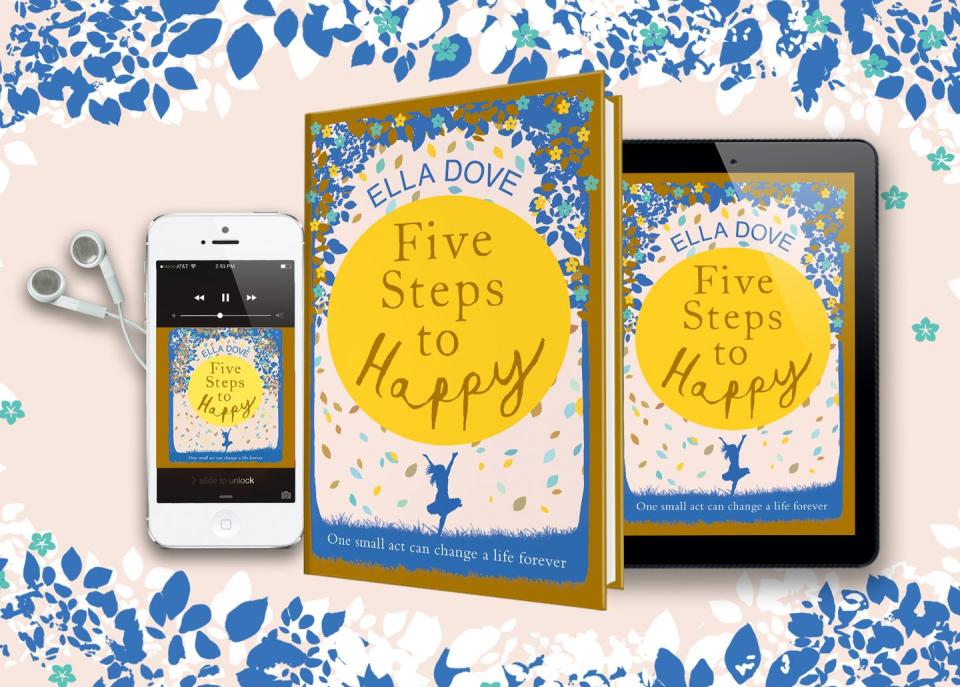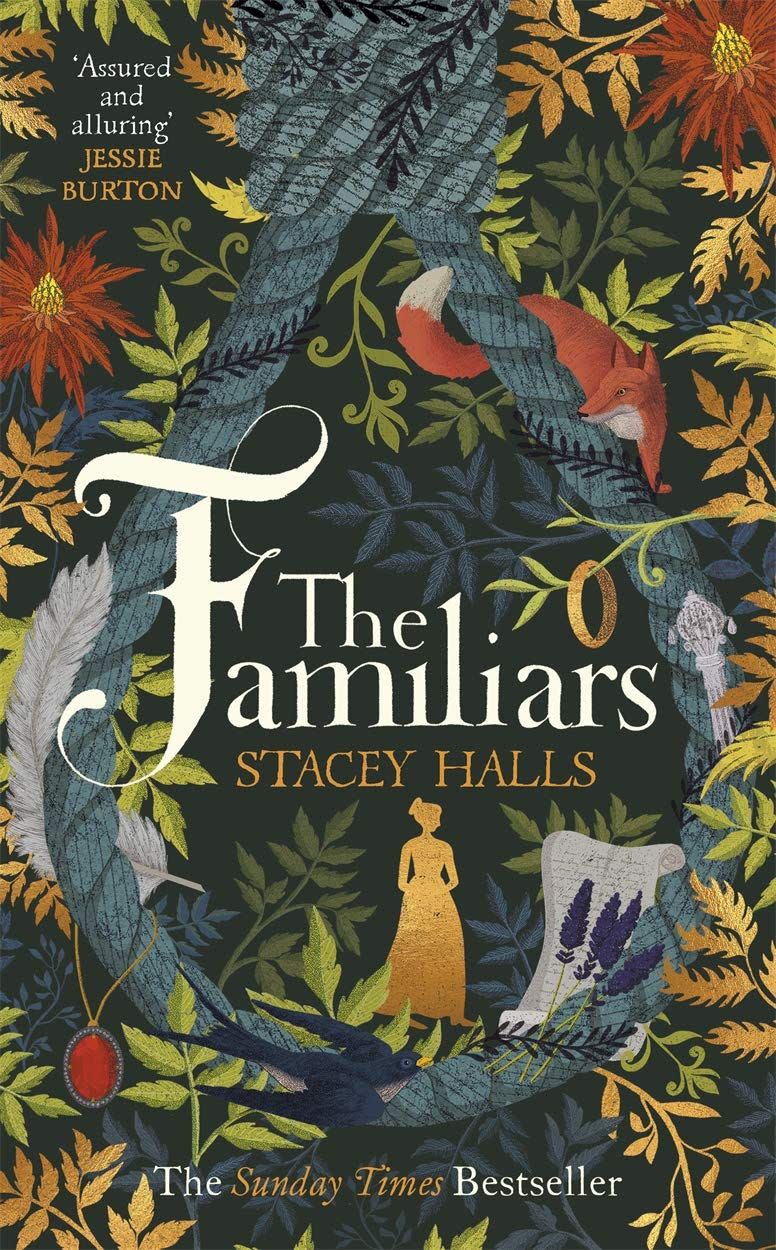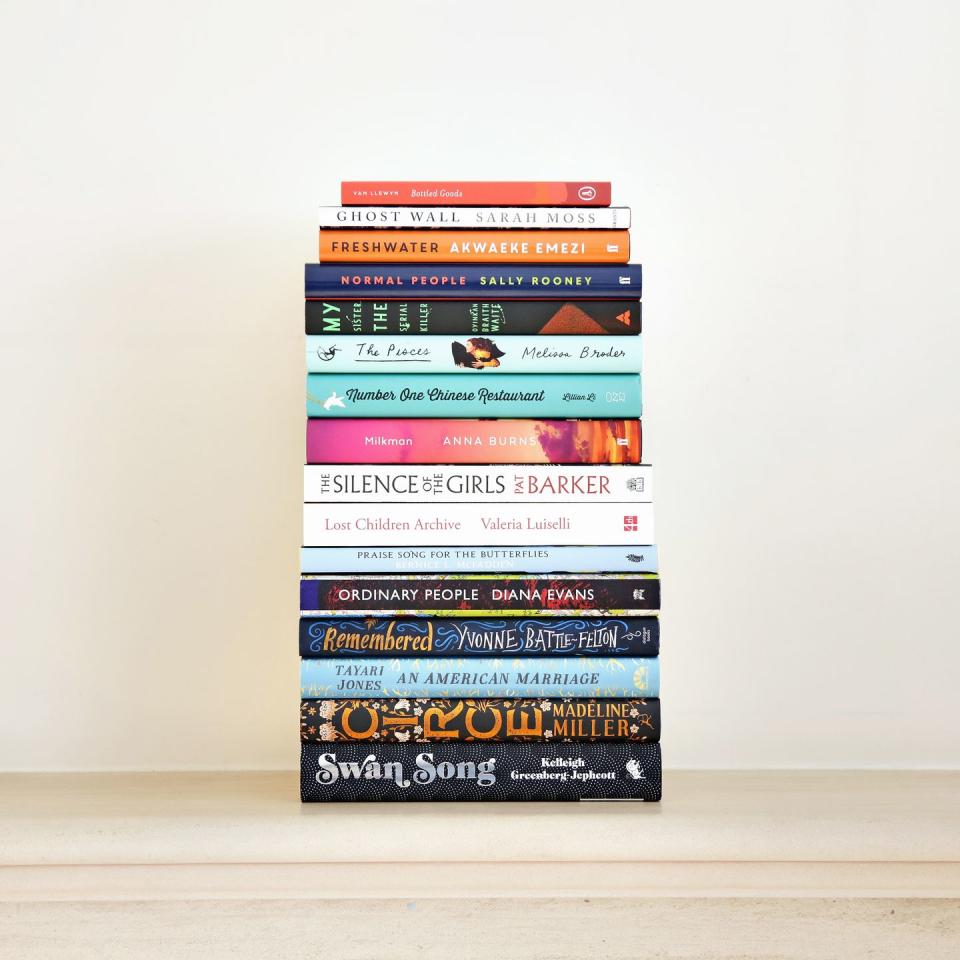Experts reveal their top tips for how to write a book

If you want to know how to write a book, we've got the answer. While it's a daunting task, it's not impossible and here, experts share their top tips to help you get published.

November marks National Novel Writing Month, a global initiative which aims to inspire and encourage writers across the world.
The goal is to write 50,000 words in a month – which sounds daunting but in fact is just over 1000 a day. So if you’ve always wanted to know how to write a book, now is the perfect time.

National Novel Writing Month is free to take part in – anyone can create a profile through the initiative's website.
Every day, enter your word count to track your progress. Seeing the statistics are a real motivational tool. There are also forums with advice a-plenty, and signing up to your locality means you can meet others doing the scheme where you live, with ‘write-ins’ at local cafes and shopping centres offering the chance to write with and chat to like-minded people.
We earn a commission for products purchased through some links in this article.
In July this year, my debut novel, Five Steps To Happy was published by Trapeze, Orion. I couldn’t believe I’d got a book deal – it was a real dream come true.

BUY NOW Five Steps to Happy
And yet working five days a week and with a hectic social life, it often felt like there weren’t enough hours in the day to write.
Thankfully, when November hit, I surprised myself. For me, waking up early and writing for an hour and a half before work proved hugely productive.
I also began to reclaim my lunch hour to write. And watching my word count and my statistics rise during National Novel Writing Month gave me a huge boost. It pushed me to carry on.
However, every writer is different. For me, mornings worked best. For you, a productive time might be during your commute, or propped up in bed late at night.
It’s about carving out that hour or two each day, making it a key part of your routine. Writing is like a muscle – it needs to be worked regularly.
And remember, don't beat yourself up if the words don't flow as easily as you'd hoped they might.
"I worked out I needed to write 2,000 words a day five days a week to have a completed first draft in nine weeks. I ended up finishing it in seven," said Stacey Halls, author of The Familiars and upcoming The Foundling.
"It definitely gets easier the further you get into the book, when you know the characters and story better. If I didn’t hit my daily word count I didn’t beat myself up, I just wrote a bit more the next day."

BUY NOW The Familiars
Stacey recommends using index cards to plan your novel.
"I mapped out the whole plot using one or two sentences for each scene, wrote them on cards and stuck them to the wall. It helped to see my story as a sum of several parts, and it motivated me to keep going because I could see how far I’d come and how far was left to go. I had about 40 in total. Some bits obviously changed as I went along but the structure of the novel is almost exactly the same. It’s a bit like building a house - you have to scaffold first. Not all writers like this method but I found it immensely helpful," she said.
In need of more tips? I’ve rounded up some industry experts offer their top advice...

Starting the process
Anna Davis, head of Curtis Brown Creative, shares her top tips for getting things started...
Find a routine
Writing a novel is a marathon, not a sprint. To keep going, you’ll need to find a regular time to write. Even if you can only give it a couple of hours a week, keep that momentum up
Write about something you really care about
It could be a question you want to find the answer to, a character who fascinates you or an idea that excites you. Be clear about what’s at the heart of your novel: write it down in just one line, and keep it in front of you when you’re working.
Create memorable personalities
Get to know your characters well by creating fact files about them. Include everything: their favourite films, phobias, habits, secret desires, political views...
Show, don’t tell
Dramatise your story by writing scenes that take your readers right into the moment, using action and dialogue.
Say it out loud
When editing your novel, read it aloud (or get someone to read it to you) so you can hear how it sounds to the reader. This is particularly important when you’re checking dialogue.
Find trusted readers
Before you even think of sending your novel to agents or publishers, have a couple of people read it and give you feedback. For honest and constructive criticism, think about joining a writing course or group.

Finding an agent
Here’s some top advice from my own agent, Richard Pike of literary agency C&W...
Finish your book
It may seem obvious, but if we love the first few chapters, then we want to read the rest ASAP.
Edit. Edit. Edit
Only submit once you’re confident you can’t make the book any better. If you can spot plotting or spelling mistakes, then we will, too!
Research
Browse agency websites to build a shortlist of agents looking for novels in the same genre as yours.
Write a brilliant letter
Summarise your book in a few lines, mention some (realistic) comparable books, say a little about you and your writing, and why you’re submitting to that agent.
Follow the guidelines
Most agents will explain how to submit on their website. Don’t send the whole book if they ask for the first three chapters!
Keep going
Almost every published author will have received at least one rejection letter. Learn from any feedback you get, edit accordingly – and don’t give up!

Getting published
Phoebe Morgan, editorial director at Harper Collins, answers burning questions.
What makes you fall in love with a book?
A defined voice. Every single book that I’ve acquired in my career, I’ve loved right from the start. I’ve read them cover to cover straight away, unable to put them down. A lot of that is down to the narrative voice. Finding a style that’s unique to you as a writer is crucial.
As an editor, what does your role involve?
Generally, I’ll work on between two and four drafts of a novel. This includes a structural edit for bigger plot points and a line-by-line edit, where I insert smaller changes.
After that, I’ll liaise with the design team to create a cover, and our marketing and publicity teams to work out a sales strategy.
As the editor, I am the voice of the author within the publishing house.
Does a writer really need an agent?
I’d recommend it for unpublished writers. Agents will be able to negotiate more on your behalf, and they’ll have good publishing contacts.
On a personal level, it’s great to have someone to brainstorm with who knows the market and can provide inspiration and guidance.
What makes a book attractive to publishers?
A killer hook; an amazing one-line pitch that sums up what the story is about and what sets it apart.
Should writers follow publishing trends?
Having an awareness of what’s out there is useful: look at what’s on supermarket shelves and in the Amazon top 100, and read around your genre as much as possible.
However, be wary of specifically writing something for a current trend, because by the time you’ve finished your book, the market will have moved on!
The most important thing is to write something you feel motivated by. Believe in your story and that passion will come across.
Like this article? Sign up to our newsletter to get more articles like this delivered straight to your inbox.
The Familiars by Stacey Halls is out now in paperback, eBook and Audio, Zaffre, £8.99. The Foundling by Stacey Halls is coming out in hardback, eBook and Audio, Manilla Press, £12.99. Five Steps to Happy by Ella Dove (Trapeze) is out now in hardback, £14.99.
You Might Also Like


